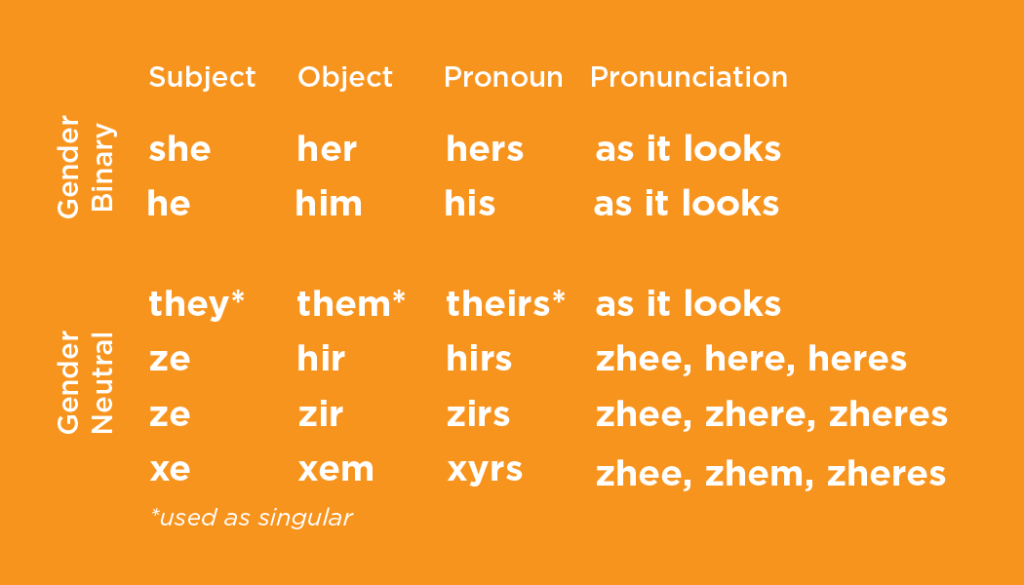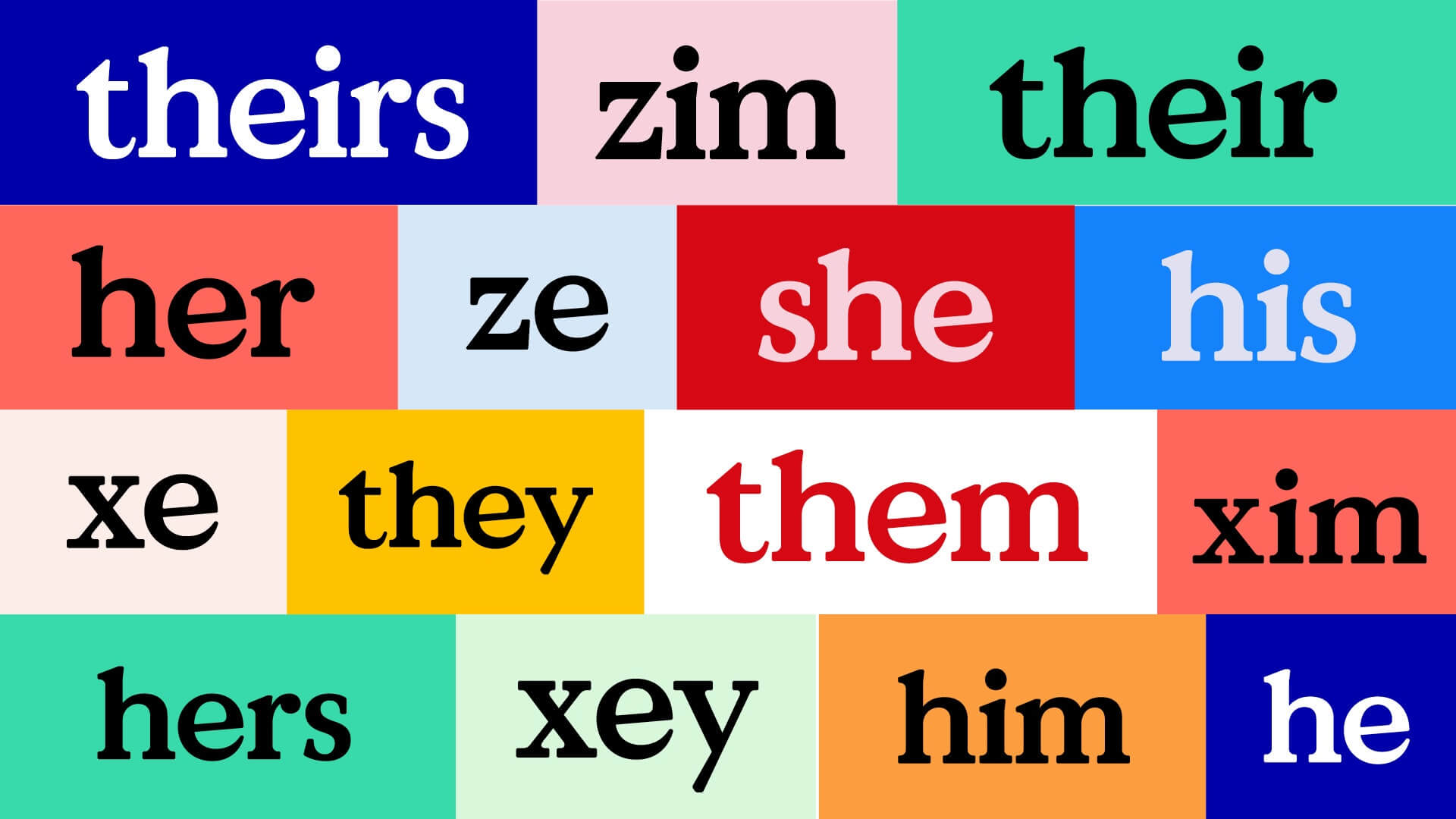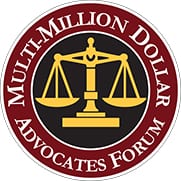Answer: No, teachers do not have to use preferred pronouns. At least in Loudoun County, Virginia, where a teacher, Tanner Cross, spoke out against the school system’s proposed gender policy. That policy requires that “LCPS staff shall allow gender-expansive or transgender students to use their chosen name and gender pronouns that reflect their gender identity.”
Mr. Cross stated that he would not use preferred pronouns:
“I love all of my students, but I would never lie to them regardless of the consequences.” “I’m a teacher, but I serve God first and I will not affirm a biological boy can be a girl and vice versa because it’s against my religion, it’s lying to a child, it’s abuse to a child, and it’s sinning against our God.”
Just days after the meeting, the school district suspended the teacher. Cross filed suit and a judge ordered his reinstatement.

Image Source: insidehighered.com
The teacher’s attorneys accused Loudoun County Public Schools of violating the Virginia Constitution “when it punished Cross by retaliating against him for expressing his beliefs in a public forum,” and also violating his free exercise of religion by discriminating against his religious beliefs.
Loudoun County Public Schools appealed that decision to the Supreme Court in Virginia, but the Supreme Court recently sided with the teacher and upheld the lower court ruling that ordered the teacher’s reinstatement. A trial will be held in early September to resolve the case.
It’s been reported that even medical school professors are afraid of using terms like “pregnant women” and even “male” and “female,” due to hypersensitive students.
Can People Be Punished for Not Using “Preferred Pronouns” In Other Countries?
Yes. Most other countries have no constitutional right to freedom of expression. This includes countries like Canada and the United Kingdom. In Canada, for example, Bill C-16 added the words “gender identity or expression” to the Canadian Human Rights Act, to a section of the Criminal Code that targets “hate speech,” and to a section of the Criminal Code dealing with sentencing for hate crimes. If there’s evidence that an offense is motivated by bias, prejudice or hate, it can be taken into account by the courts during sentencing.

Image Source: them.us
According to Canadian legal experts, if someone refused to use a preferred pronoun — and it was determined to constitute discrimination or harassment — that could potentially result in jail time.
The process would start with a complaint and be heard before a human rights tribunal. If the tribunal rules that harassment or discrimination took place, there would typically be an order for monetary and non-monetary remedies. A non-monetary remedy may include sensitivity training, issuing an apology, or even a publication ban.
However, if the person refused to comply with the tribunal’s order, this would result in a contempt proceeding being sent to the Divisional or Federal Court. The court could then potentially send a person to jail “until they purge the contempt.”
What do you think? Should anyone ever be fined, fired, or even jailed for refusing to use someone else’s “preferred pronouns”?










If our school is implementing a policy requiring teachers to use preferred pronouns, which I find confusing and borderline abusive for kids, am I required to comply?
What steps should I take if I choose not to?
Thank you
Have Canadians ever thought of giving themselves a bill of rights that includes freedom of speech, religion, and the press? In case they are interested (and just in case you’re confused I’m using this pronoun correctly, referring to all Canadians and not a single person), there’s a handy document you can use as a template. The original is housed in Washington D.C.